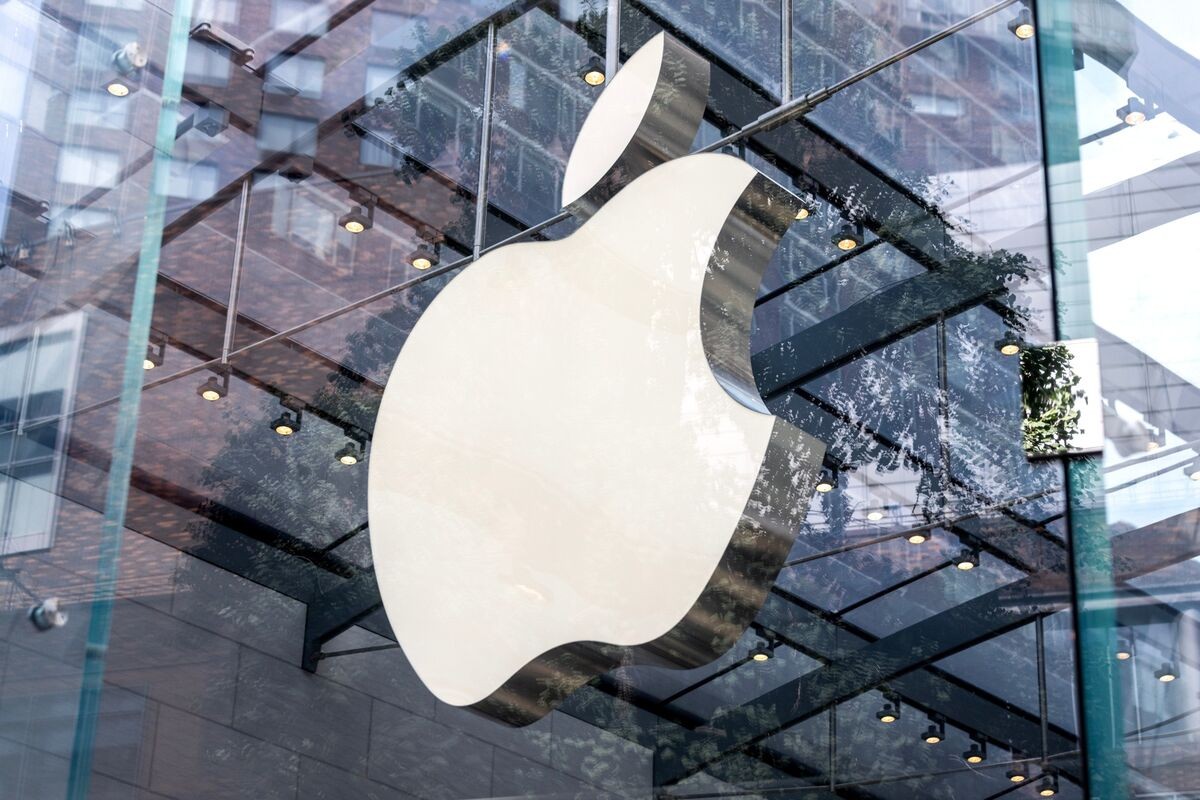
In a significant blow to Apple Inc., the European Union's highest court has ruled against the tech giant in a long-running tax dispute. The Court of Justice in Luxembourg overturned a previous decision, siding with EU regulators who claim Apple received unfair tax advantages from Ireland.
The case centers on a €13 billion ($14.4 billion) tax bill that the European Commission, led by antitrust chief Margrethe Vestager, ordered Apple to pay in 2016. The Commission argued that Ireland had granted Apple illegal tax benefits, allowing the company to pay substantially lower taxes than other businesses operating in the country.
This ruling marks a victory for Vestager, who has been at the forefront of the EU's efforts to crack down on what it sees as unfair tax practices by large multinational corporations. The decision upholds the Commission's stance that selective tax benefits to big firms constitute illegal state aid under EU law.
At the heart of the dispute are two tax deals Apple struck with the Irish government in 1991 and 2007. According to the EU's assessment, these agreements allowed Apple to misattribute Irish profits to a "head office" that existed only on paper, resulting in a significant reduction in the company's tax bills.
Apple, which has maintained its innocence throughout the proceedings, expressed disappointment with the ruling. The company had previously won a case in a lower EU court in 2020, but that decision has now been overturned.
The implications of this ruling extend beyond Apple and Ireland. It reinforces the EU's authority in challenging tax arrangements between member states and large corporations, potentially affecting other tech giants and multinational companies operating in Europe.
For Ireland, which has long used its low corporate tax rates to attract foreign investment, the ruling presents a complex situation. While it's a setback for the country's tax policies, the long duration of the case means its immediate impact may be limited, as Ireland has already made significant changes to its tax system in recent years.
The €13 billion in disputed taxes, which Apple has already paid into an escrow account, now looks set to be transferred to Ireland. However, this saga may not be over yet, as both Apple and Ireland could potentially explore further legal options.
This case underscores the ongoing tension between large tech companies, national governments, and supranational bodies like the EU over fair taxation in the digital age. As the global economy continues to evolve, such disputes are likely to remain at the forefront of international economic policy discussions.